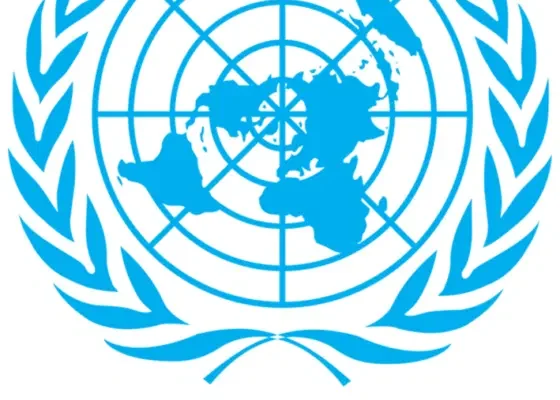United Nations Secretary-General António Guterres has issued a strong call to the international community to reject the use of hunger as a weapon of war, as humanitarian crises intensify in Gaza, Sudan, and other conflict-affected regions.
Speaking via video at a UN conference held in Ethiopia on Monday, Guterres warned that climate change and armed conflict are driving global hunger to dangerous levels, disrupting food production, supply chains, and humanitarian efforts.
“Climate change is disrupting harvests, supply chains, and humanitarian aid. Conflict continues to spread hunger from Gaza to Sudan and beyond,” the UN chief said. “Hunger fuels instability and undermines peace. We must never accept hunger as a weapon of war.”
His remarks come amid mounting global concern over the worsening humanitarian situation in the Gaza Strip, where nearly two years of war have devastated infrastructure and access to essential resources. From March to May, Israel’s total blockade on aid inflows exacerbated already dire conditions. While the blockade has since been partially lifted, aid organizations report that the volume of assistance reaching the territory remains grossly inadequate.
On Sunday, Israel declared a “tactical pause” in its military operations in parts of southern Gaza to allow humanitarian agencies to deliver food and medical aid. However, the World Health Organization (WHO) has warned that malnutrition in Gaza has reached “alarming levels,” particularly among children.
Israel’s government, led by Prime Minister Benjamin Netanyahu, has denied accusations that it is weaponizing hunger. Officials instead blame international aid agencies for delays in collecting and distributing supplies at border crossings.
Meanwhile, Sudan is facing what UN officials describe as the world’s largest—and most overlooked—humanitarian crisis. The country has been engulfed in violent conflict since April 2023, when a power struggle erupted between the Sudanese army, led by General Abdel Fattah al-Burhan, and the paramilitary Rapid Support Forces, commanded by Mohamed Hamdan Daglo.
Tens of thousands have been killed in the ongoing violence, and over seven million people have been displaced. Othman Belbeisi, regional director of the UN’s International Organization for Migration (IOM), described the situation in Sudan as “the largest humanitarian catastrophe facing our world and also the least remembered.”
As hunger continues to threaten millions in conflict zones around the world, the UN chief’s appeal underscores the urgent need for international cooperation to ensure unimpeded humanitarian access and to protect the most vulnerable from the devastating consequences of war and environmental instability.

Comments